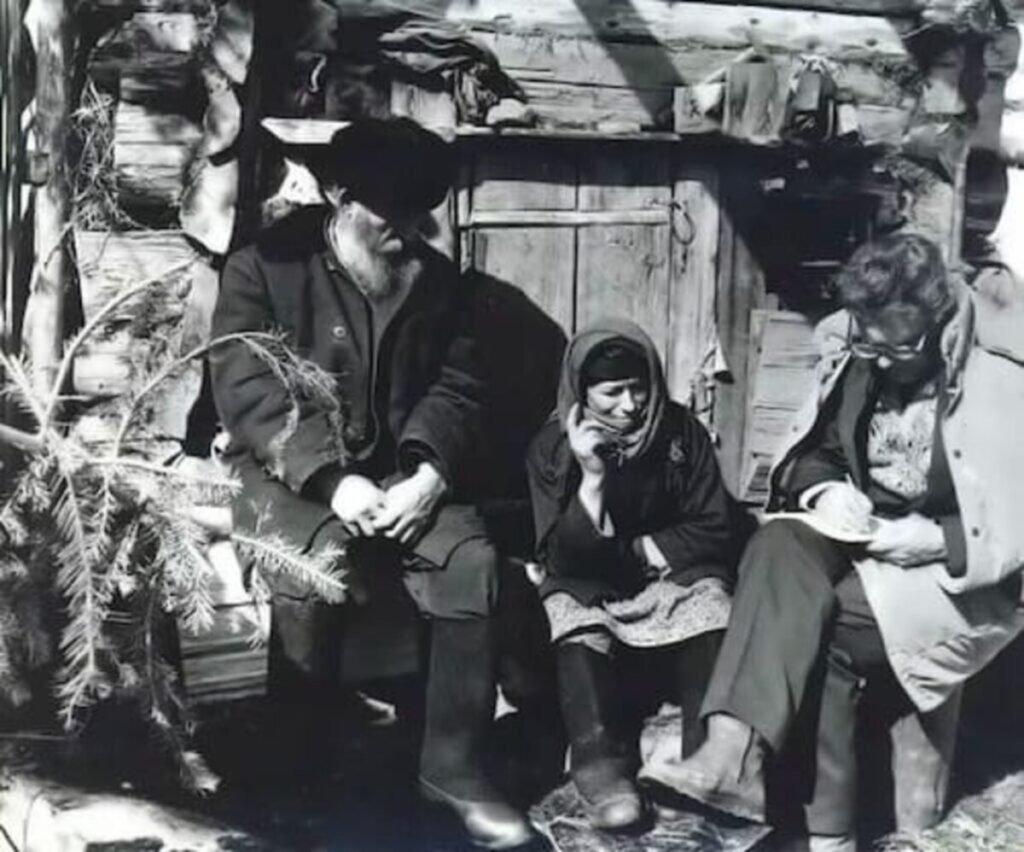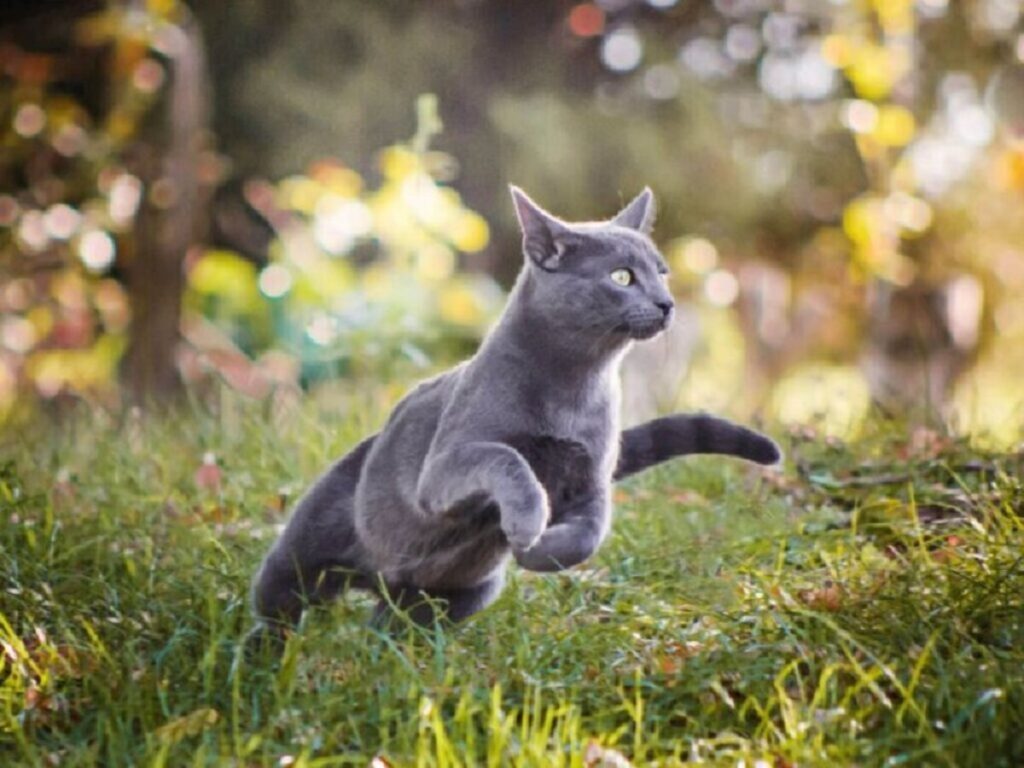Amid the whirlwind of today’s digital era, where we are perpetually connected and communication is instantaneous, the extraordinary saga of the Lykov family—a clan that spent a staggering 40 years living in complete seclusion in the heart of Siberia—feels like a narrative from a bygone age. Their remarkable tale of survival and solitude dramatically contrasts the frenetic pace and technology-driven nature of modern life.
The Lykov Family: Living Off the Grid
Picture this: a family living in such isolation that the outside world feels like a distant memory. This was the life of the Lykov family, who settled in the unforgiving depths of Siberia, far removed from any form of human interaction. Their extraordinary isolation was only disrupted in the mid-1970s, when they were inadvertently discovered by a team of Soviet geologists who stumbled upon their cabin deep in the woods.
Their story traces back to the mid-1930s, when Karp Lykov, a deeply religious man, fled with his wife Akulina and their two young children, Savin and Natalia, to escape the encroaching grip of Soviet authority. The tragedy of losing Karp’s brother at the hands of Soviet soldiers intensified their resolve to vanish from society. Thus began their decades-long retreat into the wilderness, leaving behind the turmoil of civilization.
A Testament to Tenacity and Simplicity
For more than 40 years, the Lykov family relied solely on the land for their survival, utilizing minimal resources. They fashioned clothing from hemp and tree bark, with their diet—though basic—sustaining them through biting Siberian winters. Hunting and foraging were their primary modes of survival, while the old family Bible provided them both comfort and entertainment.
Perhaps the most compelling aspect of the Lykovs’ isolated existence was the fact that the children, including those born in the wild, were entirely oblivious to the outside world. They were unaware of monumental events like World War II and had never encountered anyone outside their immediate family. For them, the wilderness was all they had ever known.
When the Outside World Collides with Isolation
The Lykov family’s way of life abruptly changed when they were discovered by geologists, marking their first interaction with the modern world after decades of isolation. However, this encounter was anything but celebratory. Despite suddenly becoming the subject of interest, the Lykovs opted to remain in their wilderness home. Tragically, this decision led to heartache, as most family members passed away within a few years, struggling to adjust to the dynamics introduced by human contact.
Karp Lykov, the family patriarch, lived until the age of 90, passing away in 1988. His death signalled the close of an era, leaving his youngest daughter, Agafia, as the lone survivor. Even now, Agafia continues to inhabit the forest, embodying the legacy of her family’s extraordinary tale of resilience and survival.
A Contemporary Hermit’s Journey

Agafia Lykov’s choice to remain in isolation, despite the devastating losses of her family, serves as a poignant reminder of the resilience and fortitude that characterized the Lykovs’ lives. Residing in a more modernized yet rustic home, she is the last surviving link to a story of a family that thrived in near-complete solitude.
Her ongoing existence in the Taiga highlights not just human adaptability but also an unwavering determination to live. While her circumstances may seem outlandish to those of us steeped in technology and human interaction, they compel us to reevaluate what we genuinely require for survival. The Lykovs lived with simplicity, discovering profound peace and purpose in their self-sufficient existence.
A Reflection on Survival and the Essentials of Life
In our increasingly technology-driven world, the tale of the Lykov family inspires reflection on what it truly means to survive and thrive. What do we genuinely need for a fulfilling life? The Lykovs’ story encourages us to scrutinize our relationship with comfort, technology, and nature. Their exceptional journey showcases that even in utter isolation, humans possess the ability to endure and adapt to the harshest of environments.
The legacy left by the Lykovs resonates with themes of courage, simplicity, and resilience—an enduring reminder that survival strength resides not in the luxuries of modern existence but in the depths of our resourcefulness and determination.







